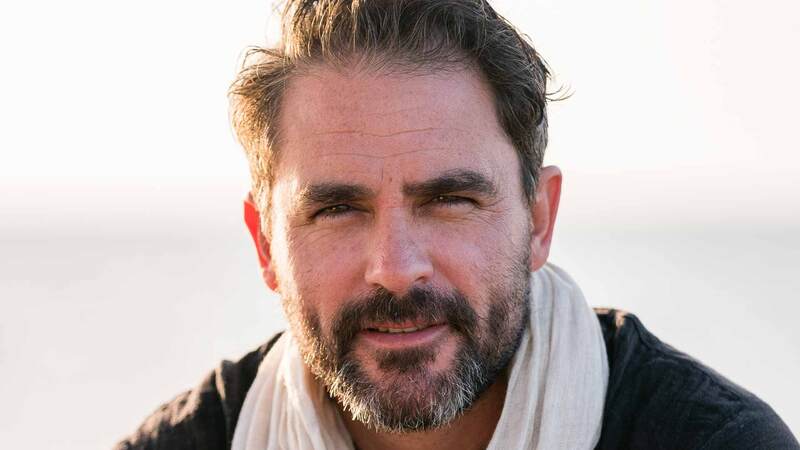You are viewing your 1 free article this month. Login to read more articles.
last but not least
Edward St Aubyn's At Last (£16.99, Picador) was one of the genuinely "highly anticipated" books of this spring.
Literary critics from the Telegraph to the Daily Mail were unanimous in their praise of his previous novel, Mother's Milk. When it was shortlisted for the 2006 Man Booker prize but did not win, there was widespread consternation and disbelief in the media, and even one of the judges admitted it was the book he loved the best.
At Last is a sequel to Mother's Milk in the sense that it continues the story of Patrick Melrose, but it also stands alone as a beautifully constructed, savagely funny and deeply moving novel about pain and acceptance. The first novel in the Melrose series was Never Mind (1992) followed by Bad News and Some Hope (now published as the trilogy, Some Hope). In Never Mind Patrick is a bewildered five-year-old, persecuted and abused by his sadistic father and ignored by his alcoholic heiress mother. In Bad News Patrick is a 22-year-old heroin addict, in New York to collect his hated father's ashes, and Some Hope and Mother's Milk follow his continuing attempts to blot out his ruinous upbringing with alcohol and adultery.
St Aubyn began work on At Last in 2006, a month after the publication of Mother's Milk. His sister offered him a week in a hotel to make a start on the new novel. "I sat there for seven days," he says, "Absolutely nothing happened. It was my last night and I wrote: ‘Surprised to see me?'" The question—the opening line of the novel—is asked by a character from Some Hope. Until then it hadn't occurred to St Aubyn that he was going to bring back any of the characters from the earlier novels.
At Last takes place over a few hours at the funeral of Eleanor, Patrick's mother, and the party afterwards as relations, friends and enemies gather to pay their last respects. St Aubyn initially planned to write a second trilogy, "a maternal trilogy to balance the paternal trilogy", but by the end of At Last he realised that he had in fact completed the Melrose series. "The story of [Patrick's] difficulties with his upbringing and with the influence of his parents has come to a conclusion and that's the story initiated in the first book." Patrick's attempt to resolve the questions which underlie all the books—"why we are as we are and whether there is any room for change, what it would mean to be psychologically free"—finally reach a conclusion.
Long-term project
At Last took St Aubyn four and a half years to write. "I kept stopping, it was very hidden from me." When writing a novel, he says, "there is always a collaboration between intention and volition and then something more mysterious—imagination or inspiration or whatever you want to call it, the unconscious".
"This novel was the most heavily weighted in favour of the receptive, involuntary part, which you can't do anything to control. When it stops, it stops—you just have to wait."
A particular challenge, he says, was writing a novel that would be free-standing but at the same time richly connected to the earlier Melrose books. "Otherwise it's dishonest to publish a book on its own if it depends on reading four other books or two volumes in this case. That made it technically very difficult to write."
St Aubyn writes in longhand first—"I find the page a much friendlier medium for thinking and working things out than the screen"—before typing out, printing and correcting. "I rewrite obsessively, my first draft is probably at least the fifth or sixth and sometimes the 30th version of what I've written."
The Man Booker nomination was, he says, a breakthrough in professional terms: "I hadn't expected it at all and suddenly I was selling books on a completely different scale" although the attendant glare of the media spotlight wasn't really his cup of tea. "I'm naturally shy, private, that's one of the reasons I write books rather than making a public communication. My ideal would be to catapult a novel over a high rampart and for someone the other side to catch it and then read it."














